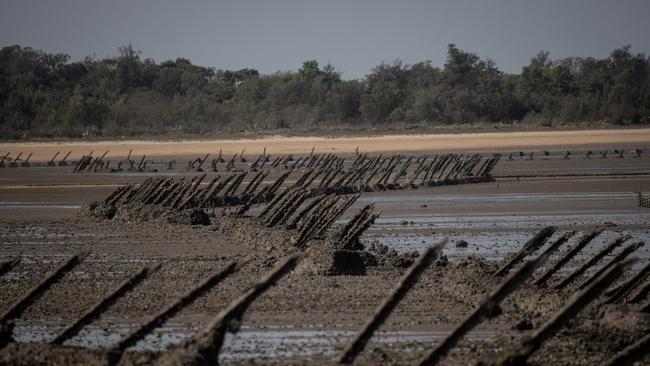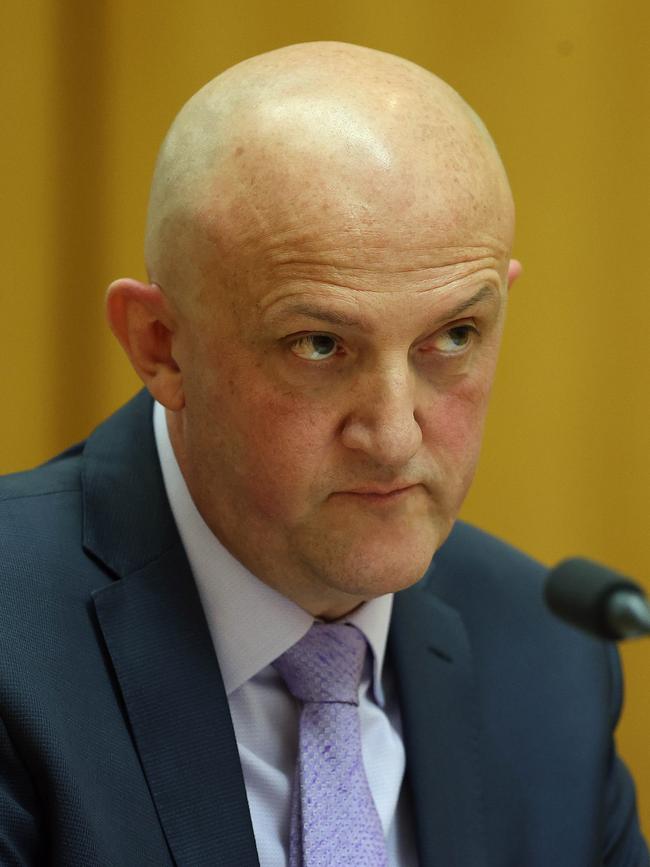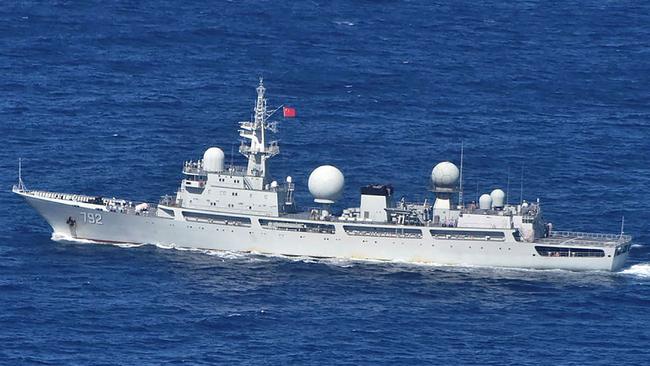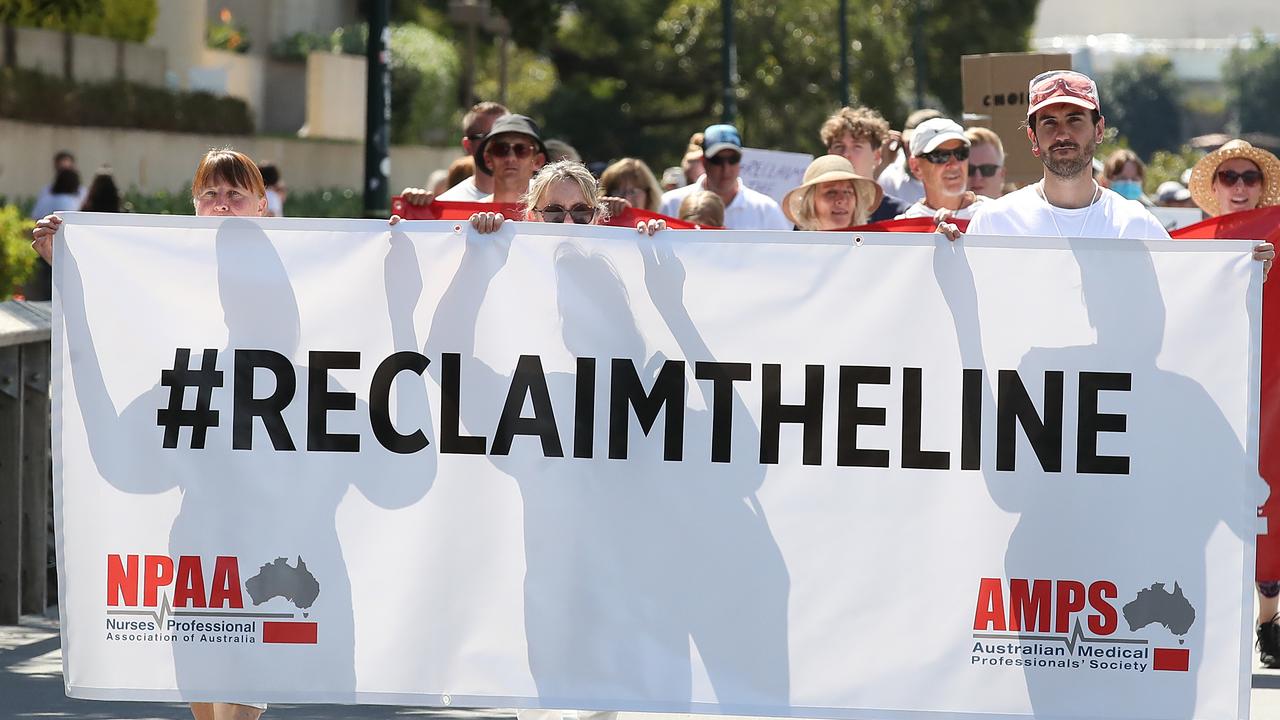New China relationship ‘no breakthrough’, strategists say
Top security experts have warned Australia’s ‘new normal’ relationship with China will be a fragile stabilisation without real trust.

Security experts have warned Australia’s “new normal” relationship with China will be a fragile stabilisation without real trust, that will be tested as Australia stands with partners to safeguard the international rules-based order.
China has heralded Anthony Albanese’s trip to the country from this weekend as “a new starting point of another 50 years of relations” between the countries.
But ANU National Security College head Rory Medcalf said the visit should not be seen as relationship reset, as Australia would never cede hard-won national security measures and trusted partnerships aimed at mitigating China’s strategic threats.

“Make no mistake, this new normal is grounded in risk awareness, and is not at all about strategic trust,” Professor Medcalf said.
“To hail the visit as a breakthrough or turning point in Australia-China relations is to ignore context.”
The visit would most likely be seen as a “high point of stabilisation” that would be put under pressure by new frictions in the relationship that would inevitably emerge.
“After all, it’s such a large horizon of risk,” Professor Medcalf said. “(There are) threats of aggression against Taiwan; China’s action in the South China Sea, East China Sea and South Pacific; the potential for new acts of espionage, cyber sabotage or interference to be uncovered; the prospect of further cases of arbitrary detention; and of course the potential for competition with the US or others to escalate to conflict.”

Strategic Analysis Australia director Michael Shoebridge said the policy foundation for future Australia-China ties “can’t be a vision of a stable and constructive relationship”.
It should instead be viewed as “a hard edged and often rocky relationship, managed in concert with others facing this same challenge”, Mr Shoebridge said.
“The bottom line is that we are engaging with a destabilising power in the form of the Chinese state whose goal of dominating our region is hugely damaging to our national interests,” the former senior Defence official said.
He cautioned against “silence and concessions” by the Prime Minister to bolster the relationship, noting the suspension of Australia’s World Trade Organisation cases against Beijing had likely deprived the world of formal findings of Chinese economic coercion.
“Managing the Australia-China relationship starts from understanding that this is not just about the bilateral relationship,” Mr Shoebridge said.
“What Australia does and says matters, not just for us but for how others engage and face the China challenge.
“Silence and concessions to get prime ministerial and ministerial meetings is not a sustainable path.”


Their comments follow ASIO director-general Mike Burgess’s warning last month that China was engaged in “the most sustained, sophisticated and scaled theft of intellectual property and expertise in human history”.
His stark disclosure marked the harshest Australian criticism yet of China’s state-sanctioned cyber intrusions of government and business systems across the West.
Beijing’s strategic threat to Australia’s interests was also underlined in a Pentagon report late last month, warning China’s new Antarctic station would operate dual use technologies that could be used “to collect signals intelligence over Australia and New Zealand”.

ANU international law professor Don Rothwell endorsed the concerns expressed in the report, saying China was expanding its presence in Antarctica by adding new bases and posting large numbers of new personnel to its facilities on the continent.
The Antarctic Treaty prohibits the continent being used for military purposes, but Professor Rothwell said there was “not a lot of transparency around the nature of (China’s) research” there.






